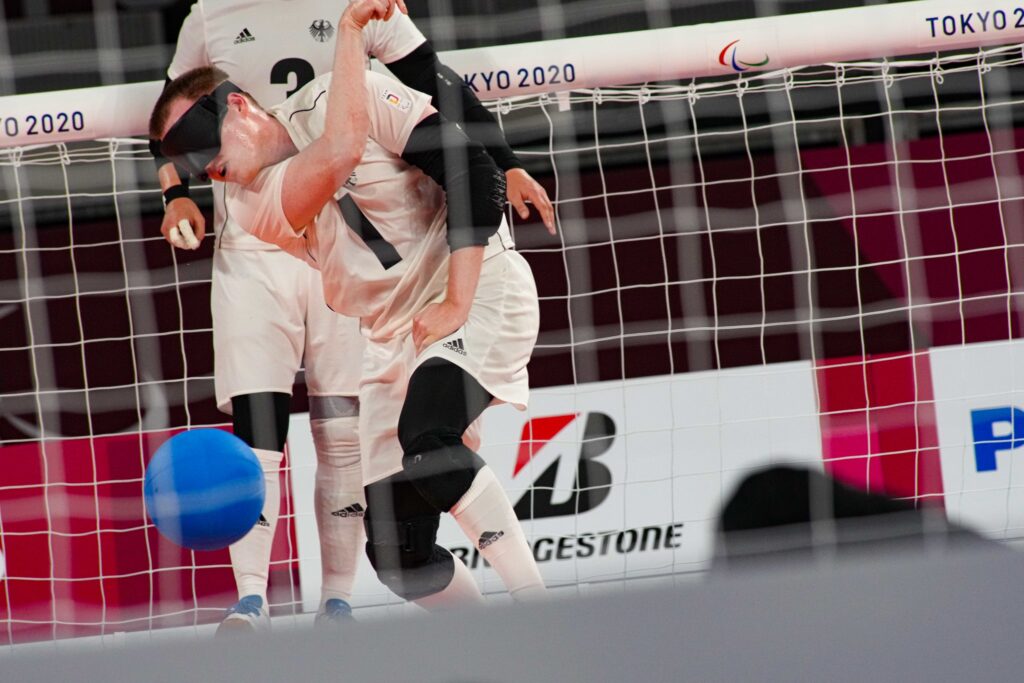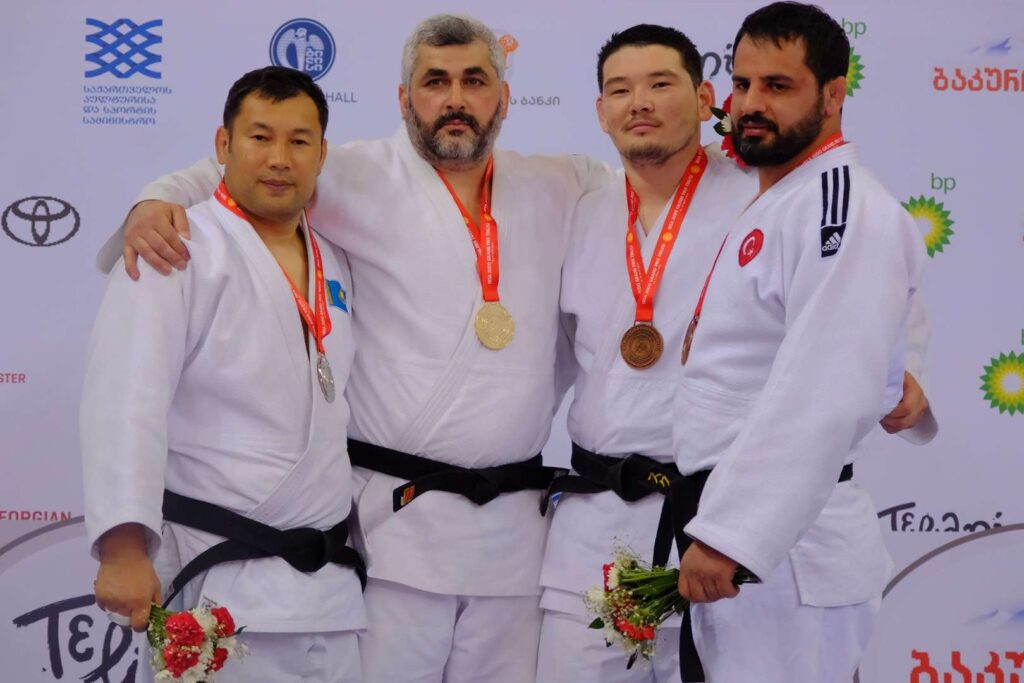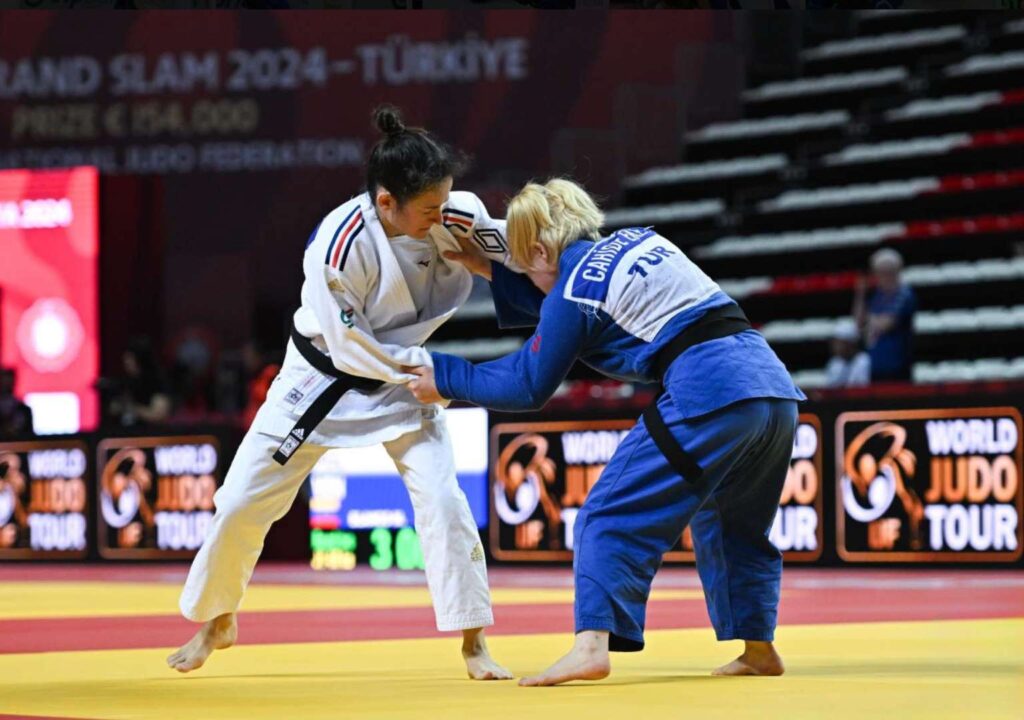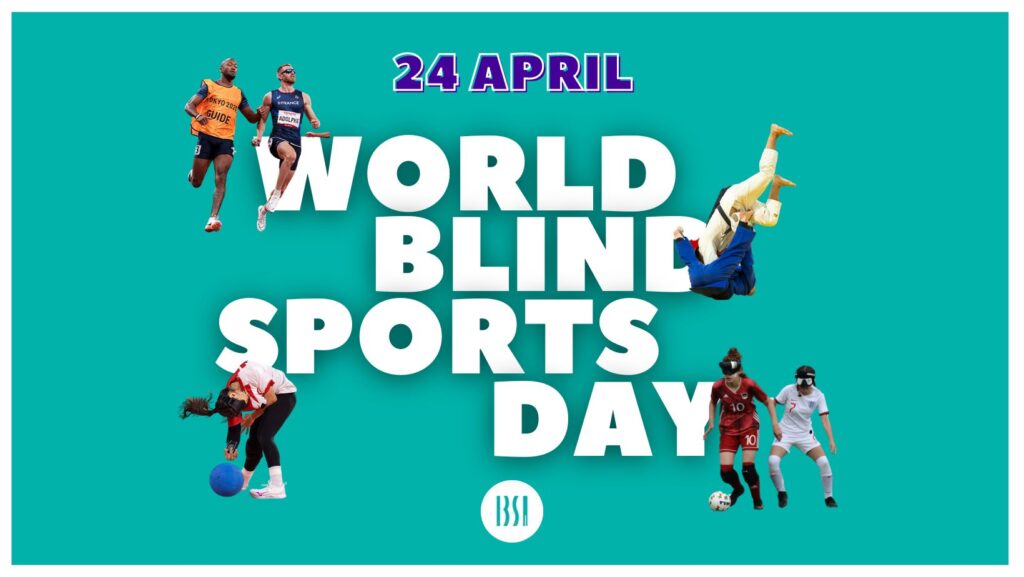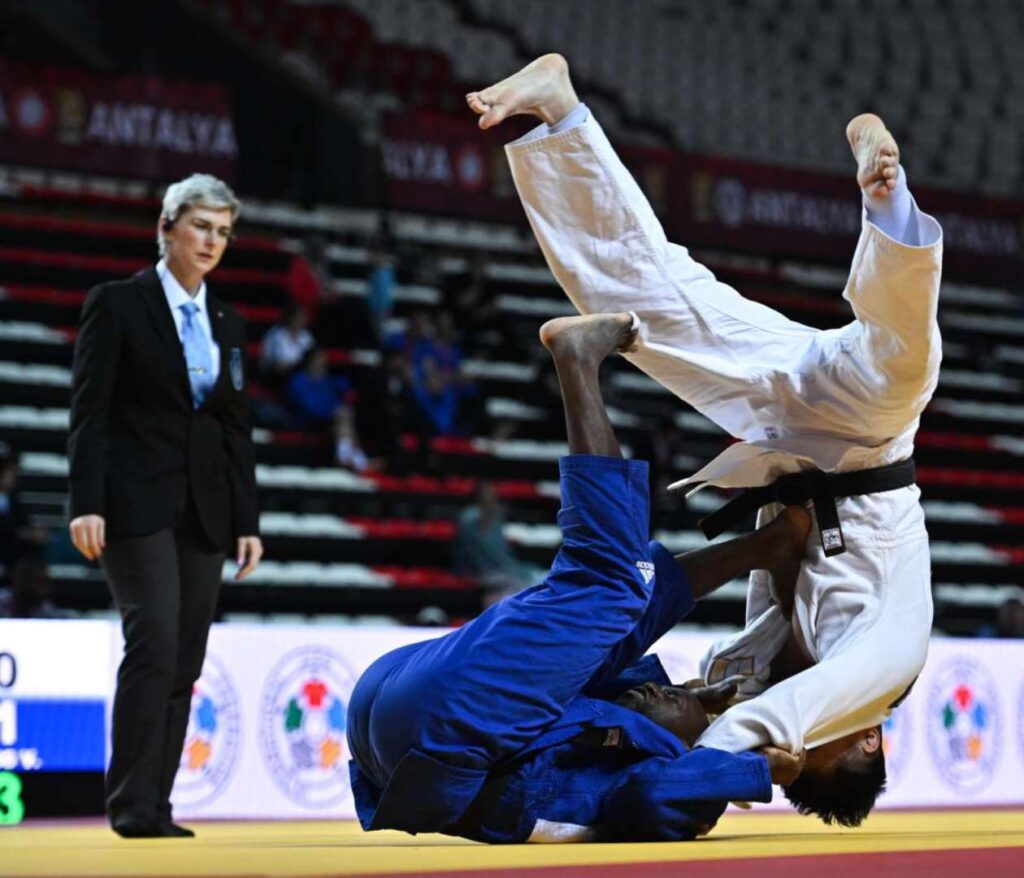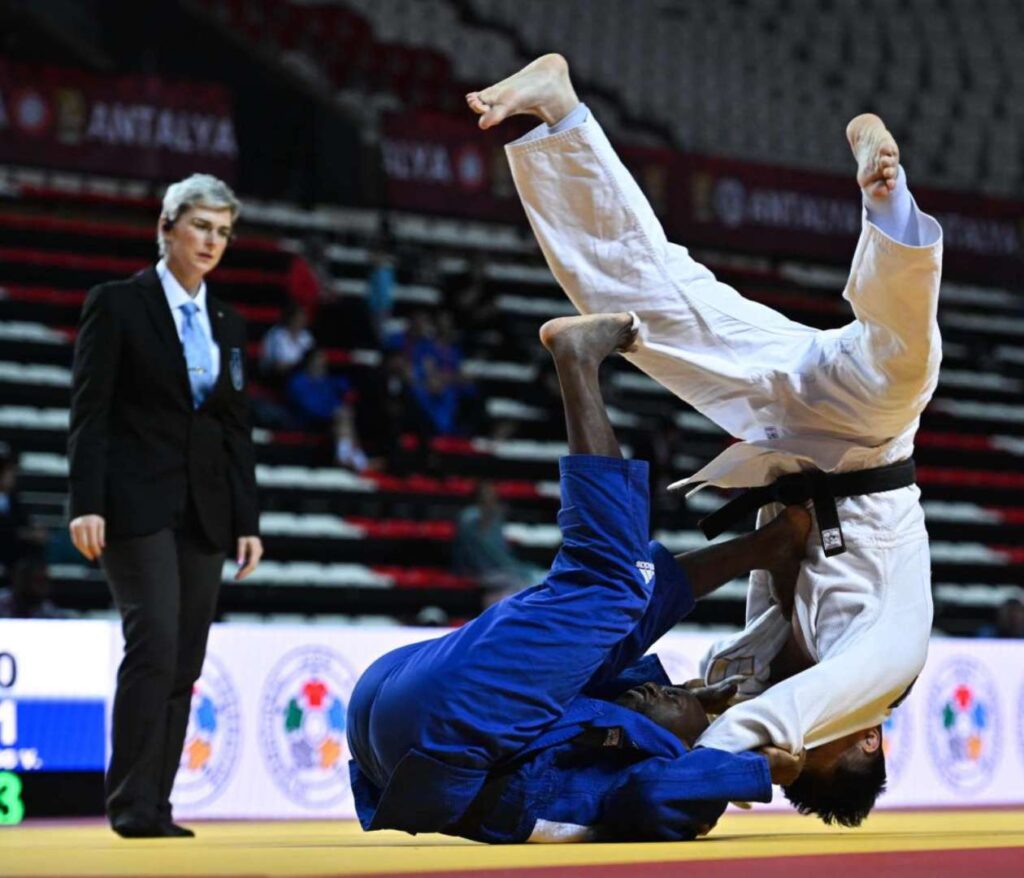News
International Judo Federation releases new regulations for Olympic cycle
Date: December 19, 2016
Category: Judo
The International Judo Federation (IJF) recently published its new rules for the next Olympic cycle. Read the full press release below.
For informartion on how these new rules pertain to and affect IBSA Blind Judo rules, contact Norbert Biro, Chair of the IBSA Judo Committee, at [email protected], or János Tardos, IBSA Judo Sports Director, at [email protected].
_____________________________________________________
IJF press release – Wide consensus for the adapted rules of the next Olympic Cycle
The International Judo Federation has worked on the new regulations and published them today. They will apply for the next Olympic cycle. The goal is to promote the rules of judo and make them easier to understand, as well as to simplify them. The purpose of these rules is to give priority to the attack and to the realization of IPPON. A final document will be prepared and send before the end of the year.
A test period at the international level will start at the beginning of January 2017 on the occasion of the first continental open of the year in Africa and will end after the World Championships in Budapest in August-September 2017.
The Tokyo Grand Slam 2016, marked the end of the Olympic cycle which saw the crowning of 14 new Olympic champions in Rio last August. A whole new cycle now opens (starting with the Paris Grand Slam in February 2017) which will end during the next Olympic Games in Tokyo in 2020. As was the case in 2012, following the London Games, the International Judo Federation has carefully analysed the last four years, both from an organisational perspective and from a technical point of view.
Within four years, judo has definitely evolved very positively. The success of the Rio 2016 Games is a tangible proof of this. Within a few years the technical abilities of the athletes has improved a lot and, for example, the number of ippons scored in competition has increased sharply, reaching more than 80% in certain weight categories on the occasion of the last World Championships in Astana, Kazakhstan, in August 2015.
This analysis, conducted under the supervision of the IJF Executive Committee and an expanded group of experts and media representatives around the judo movement, revealed a number of changes and improvements to the rules that will provide greater clarity and a greater dynamism to judo. The new rules were elaborated based on the proposals from National Federations and the 20 Directors of the IJF Coordination Committee, which were later analysed by the group of experts of the IJF and the Executive Committee technical departments. The choices that have been made are the result of a widely shared and democratic consensus. They take into account the fundamental values of judo, its moral code, while ensuring that our sport, which is a 'living body’, can adapt to the modern world and reach an increasingly large audience.
The rules that have been adopted will be presented at the refereeing and coaching seminar to be held in January in Baku, Azerbaijan. Judoka, coaches, fans and the media will be able to watch the Baku seminar live from 5 – 8 January on the IJF YouTube channel at www.youtube.com/judo.
Each point of the new regulations will then be explained and detailed in a practical way to referees, coaches and representatives of national federations and continental unions. A test period will then be opened. During this time, the new regulations can be corrected if necessary. This process will allow our judo community to start the next Olympic qualification cycle with perfectly integrated rules. Following the World Championships, a meeting will take place that will validate the set of rules that will be used for the next Olympic qualification period.
Below is a summary of the new/revised rules:
• Duration of contest
– Men and women four (4) minutes. Respect for parity as wished by the IOC and fight time unity for the Olympic mixed team event. Only scores (technical scores) will decide a contest.
• Golden score
– In the case where there is no score(s), or scores are equal, the contest will continue in Golden Score.
– Any score and/or penalties from regular time will remain on the score board.
– The decision in the golden score is made by the difference of score or shido.
• Evaluation of the points:
– There will now only be ippon and waza-ari.
– The value of waza-ari includes those given for yuko in the past.
– The waza-ari do not add up. Two waza-ari are no longer the equivalent of ippon
– Immobilisations (Osae Komi): Waza-ari 10 seconds, Ippon 20 seconds.
• Penalties
– There are now three shido, instead of previously four.
– The third shido becomes Hansoku Make.
– In order to simplify the refereeing and its understanding all the actions that have been punished in the past on how to grab the judogi (kumikata) will not more be penalized: pistol grip, 2 hands on the same side, fingers in the sleeve…
– Kumikata will not be penalized as long as Tori is preparing an attack, but negative position will be penalised.
– The time for taking a grip and making an attack is 45 seconds.
– In case of a defensive attitude, shido will be given.
– Leg grabbing or grabbing the trousers, shall be penalized first by shido and secondly by Hansoku Make.
• Safety
– The committee examined the rules with regard to safety to ensure that judo has as little trauma as possible. If Uke attempts to avoid landing on their back by any movement which is dangerous for the head, neck or spine, they shall be penalized with hansokumake. The competitor loses this contest, but can continue in the competition if applicable.
– Not to set a bad example for young judoka, false breakfalls won’t be considered as valid actions. Falling on two elbows, the action is counted. Falling on one elbow, the action is not counted.
– Anti judo is immediately penalized.
• Judogi
– For a better efficiency and to have a good grip it is necessary for the jacket to be well fitted in the belt, with the belt tied tightly. To reinforce that, the competitor shall arrange their Judogi and belt quickly between Matte and Hajime announced by the referee.
• World Ranking Points
– The points will be modified. Proposition will be made shortly.
– Juniors: the medallist of the Junior World Championships will get points in the Senior World Ranking List for this event only.
